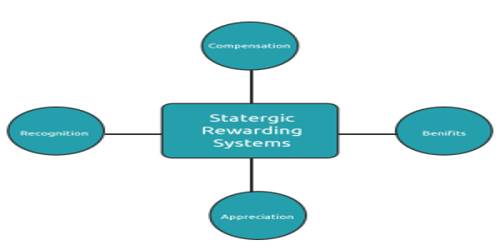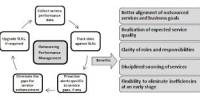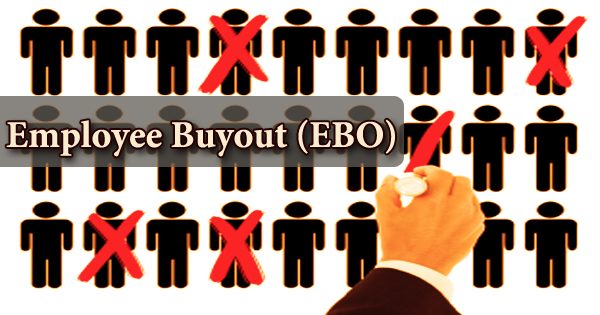Character of Effective Reward Management System
An effective reward management system is essential for high satisfaction and motivation of employees at work. It is the most powerful tool available to reinforce organizational values and translate them into employee actions It is concerned with the process of employee attraction, motivation, and retention. These rewards are aligned with organizational goals. When an employee helps an organization in the achievement of one of its goals, a reward often follows. Therefore, an effective reward system should possess the following qualities.
- Importance
An utmost care should be given towards the management of reward system because the employees should feel that reward is important for them. Wherein it is important to reward individual actions that are desirable and deemed as right by an organization, it is also imperative to rectify what is wrong, and provide deterrents to the possible reoccurrence of such behavior. A responsible management has to brace the challenge of balancing both the good and the evil in human nature. No reward is equally important for all employees. Hence, they should be rewarded with what they feel is important for them.
- Equitable
”People do not do as they are told; they do as they are paid i.e. as they are rewarded or punished.” Equitable is concerned with the fairness in distributing rewards to the employees. It means rewards should be perceived as equitable and fair. The fairness can be among the organization’s employees in one hand and fairness relative to what people get for the similar job in another organization, on the other.
- Visibility
Rewards, to be effective, must be visible and seen by the employees. Because visible rewards help to motivate employees to a higher level of performance. They help to satisfy individual’s esteem and recognition needs.
- Flexibility
Rewards, to be effective, should be flexible to vary with changes in the performance. This means, rewards should vary as per the changes in actual performance of the employees.
- Low Cost
An effective reward should be less costly because rewards are not free gifts they have some costs. Hence, the costs and benefits of reward should be taken into account in order to maintain organizational effectiveness.
- Use of Team Rewards for Interdependent Job
An interdependent job holds the philosophy that the tasks are interrelated with each other and is performed step-by-step. The overall completion of such jobs is not the credit of single individual, rather it is due to the combined effort of all team members involving in the entire process of the job. Hence, in such situation, it is advisable to use team rewards such as gain sharing and bonuses.
Information Source;
















